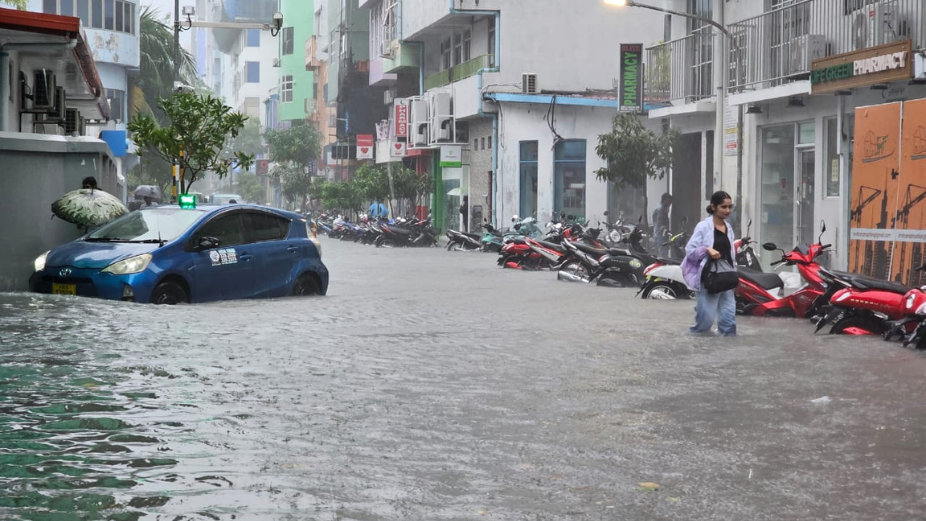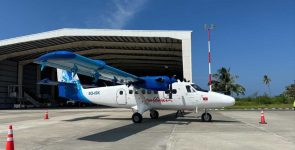
As natural disasters increasingly strain the financial resources of the state, the Chief Executive of the National Disaster Management Authority (NDMA), Hisan Hassan, has called for a more strategic approach to disaster recovery through the utilisation of insurance systems. In a recent interview with state media, Hisan highlighted the importance of reducing the economic burden on the state by enhancing the government’s understanding and use of insurance to cover disaster-related damages.
Hisan pointed out the significant strides made by the NDMA in collaboration with insurance companies to create customised insurance solutions tailored specifically for the Maldives’ unique disaster risks. These efforts come in response to a worrying trend: government spending on recovery efforts has been rising annually, particularly due to damages caused by heavy rains, fires, and other natural calamities.
To manage these escalating costs more effectively, the government has initiated reforms in its financial assistance system. Hisan explained that these reforms are part of a broader strategy to develop specialised insurance packages designed to cover a variety of disaster-related damages. The NDMA’s packages include provisions for rent coverage in cases of fire damage, compensation for damaged furniture and equipment, and tailored packages for warehouses and businesses, ensuring comprehensive coverage for different sectors of the economy.
Moreover, the government is actively working to raise public awareness about the benefits and availability of these insurance options. Hisan emphasised that, despite the wide range of insurance services already available in the Maldives—particularly in the tourism and housing sectors, as well as for businesses—many citizens and businesses remain unaware of the protections these services offer against the financial impacts of natural disasters.
The question of economic sustainability is central to this initiative. As the frequency and severity of natural disasters continue to rise, the financial strain on government resources becomes more pronounced. Insurance, as Hisan explained, offers a more sustainable alternative to the traditional model of government-funded recovery efforts. By shifting a portion of the financial risk to insurance providers, the state can mitigate the economic impact of disasters and ensure that recovery efforts are not solely reliant on public funds.
However, the success of this approach hinges on widespread adoption of these insurance packages by the public and private sectors. Hisan’s call to action includes not only increasing awareness but also encouraging the integration of insurance into disaster risk management strategies at all levels of government and society.
In the long run, embracing insurance as a key component of disaster recovery could prove to be economically more sustainable for the Maldives. As the country continues to face the challenges posed by its vulnerability to natural disasters, the development and utilisation of comprehensive insurance systems may offer a viable path forward, helping to safeguard both the economy and the well-being of its citizens.









